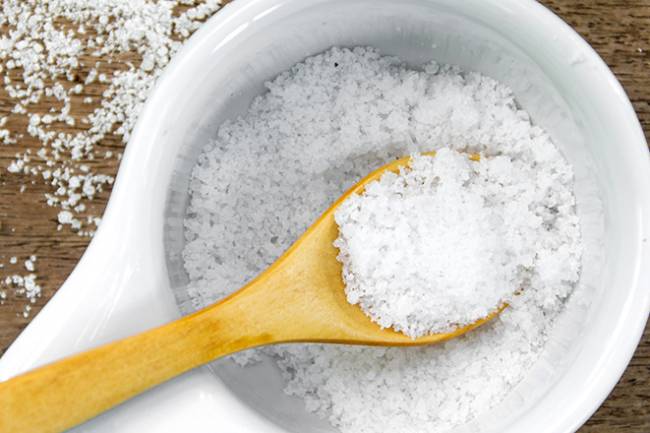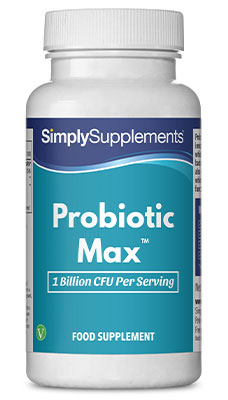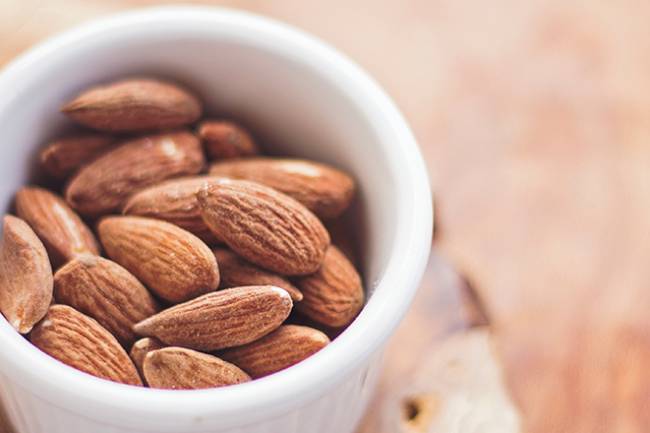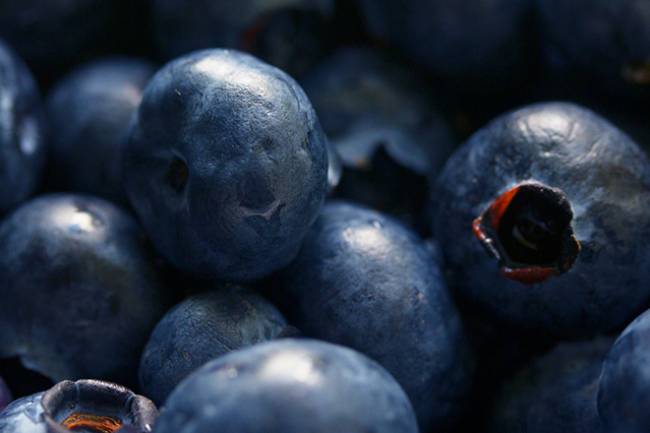5 Natural Remedies for IBS
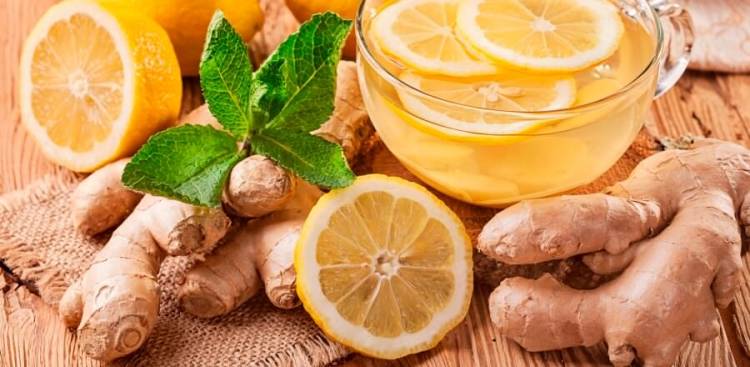
Irritable bowel syndrome (IBS) is a common condition that is estimated to affect one-third of the UK population. It presents an array of symptoms that can include bloating, constipation, diarrhoea, cramps, and flatulence, and while there is no cure, certain diet and lifestyle changes can make symptoms more manageable.
So if you constantly feel like there's a knot in your belly, try one of these popular remedies for IBS.
Probiotics
Probiotics are perhaps the best-loved and widely-used natural treatment for irritable bowel syndrome.
In certain cases, IBS appears to be caused by an imbalance of good and bad bacteria in the digestive tract. Adding good probiotic bacteria to the diet helps to improve the balance of intestinal flora, prevents the growth of toxin-producing bacteria, and aids the gut in digesting foods properly. All of this helps to relieve constipation, diarrhoea, bloating, gas and cramps commonly associated with IBS.
The best natural food sources of probiotics are yoghurts and cheese, however, for those with a dairy intolerance, a probiotic supplement is often the preferred option. When purchasing a probiotic product look for the presence of active live cultures to help you determine its strength and effectiveness. In supplement form, probiotics are often combined with a prebiotic fibre such as FOS, which works to stimulate the growth of probiotics once in the digestive tract.
Calcium
If you suffer from IBS-D and diarrhoea is your biggest concern, try a calcium supplement. This essential mineral promotes the contraction of the gut muscles and reduces the amount of water in the intestines, which contributes to better-formed stools.
Calcium is often lacking in IBS diets as dairy foods have high lactose and fat content that can cause IBS symptoms to flare up. Dairy-free food sources of calcium such as white beans, sardines, or kale can be beneficial. Most calcium supplements do not contain lactose and also offer a convenient alternative.
The most effective type of calcium supplement for the relief of diarrhoea is calcium carbonate, which should be taken in doses up to 500mg three times per day. Because calcium is constipating, you should avoid high doses if you suffer from mainly constipation-type IBS and opt for a magnesium supplement instead.
Fibre
Fibre absorbs water from the intestines to firm and bulk up stools and make them easier to pass, whilst also stabilising intestinal contractions and normalising bowel function. However, fibre can be a double-edged sword for some IBS sufferers, so it's important to consider which type of fibre you are consuming.
Soluble fibre (such as rice, pasta, oatmeal, beets, bananas, mangoes and potatoes) is often well tolerated and should provide the foundation for all meals and snacks. Whereas tolerance for foods that contain insoluble fibre (such as whole grains, bran, cereals, nuts and seeds) varies widely and intake may need to be restricted.
Psyllium husks are some of the richest sources of soluble fibre. Taken in supplement form, it both loosens and bulks up stools, and so is particularly beneficial for IBS sufferers who fluctuate between constipation and diarrhoea. Suddenly increasing your fibre intake can cause gas and bloat, so slowly build up to consuming around 30g of fibre per day and ensure you drink plenty of water.
Fibre supplements often cause less gas and bloating than dietary fibre because of the way they are broken down in the intestines.
Peppermint Oil
Peppermint is one of the strongest anti-spasmodic pain relieving herbs available and is particularly beneficial for those who suffer from gas and bloating. The oil contains menthol, which helps to relax and calm the muscles in the stomach and intestinal tract, and so relieves spasms.
A recent study found that taking peppermint oil capsules daily for four weeks significantly reduced IBS symptoms in 75% of the participants.
Use peppermint as a digestive aid after heavy meals, or when bloating and cramps flare up. Simply infuse peppermint leaves in a mug a hot water, or take peppermint supplements for sustained relief.
Ginger
Ginger root contains powerful digestive enzymes that help to relieve nausea and the intestinal cramps associated with diarrhoea. The herb also has mild anti-inflammatory properties to ease abdominal pain and discomfort.
It's easy to add fresh ginger root to your meals and crystallised ginger can also make a convenient snack. Or, make your own ginger tea by grating the root into hot water, then strain and add honey for sweetness.
Ginger supplements are best taken with food and can be taken daily for sustained relief.
Additional Tips for Living With IBS
Fortunately, many IBS sufferers successfully manage their symptoms by making diet and lifestyle changes.
- Try an allergy elimination diet by cutting common triggers such as dairy, wheat, citrus, and sugary foods. Then gradually reintroduce foods back to your diet.
- Distress. Stress is a common trigger of IBS symptoms so take the time to relax and de-stress each day. Focus on breathing techniques and yoga.
If you believe you are suffering from IBS symptoms, visit your GP to get a diagnosis and eliminate other potential causes. They will also help you to establish a treatment plan and find remedies for IBS that are suitable to your own individual needs.

 Nicole
Nicole 